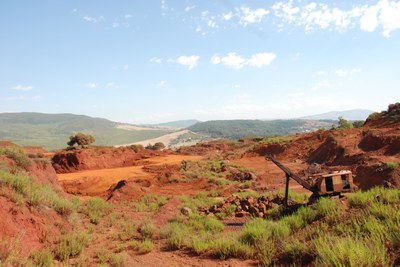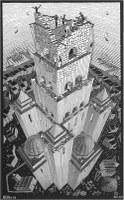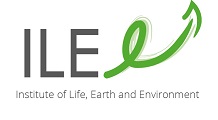ILEE Lunch Seminar 5/11
- https://ilee.unamur.be/events/ilee-lunch-seminar-5-11
- ILEE Lunch Seminar 5/11
- 2019-11-05T12:45:00+01:00
- 2019-11-05T14:00:00+01:00
- When Nov 05, 2019 from 12:45 PM to 02:00 PM (Europe/Brussels / UTC100)
- Where B33, Biology building, 3rd floor
-
Add event to calendar
 iCal
iCal
Speakers
 Augustin Dekoninck (Geology)
Augustin Dekoninck (Geology)
Manganese for our daily needs: a metallogenesis approach to understand supergene ores.
One of humankind’s biggest challenge over the next century is to provide resources for civilization. The study of mineral resources formation (metallogeny) plays a central role, from the processes that accumulate chemical elements into orebodies (minable content of one or several elements), to develop exploration techniques that are used to find them. The composition of these natural occurrences (mineralogy and geochemistry) is important for the processes that allow people to collect the resources and redistribute them with the accompanying risks of environmental contamination and threats for human health. The metals are grouped into the big six (iron, chromium, manganese, aluminum, copper and zinc), with some precious (gold, silver and platinum group metals) and other metals. Throughout history, the major part of the economy of the world´s nations has been driven directly or indirectly by access and use of natural resources.  The world is facing a restricted access to these resources that are used by humanity today and these restrictions will have a strong impact on the world economies and life styles of future generations. Many people would correctly respond that steel is made of iron, but fewer know that it is also made of manganese. Although the amount of manganese used to make a ton of steel is small, it is just as essential as iron to produce this fundamental building material of modern societies. Analysis of the world production and consumption of manganese ores by industrial countries indicates that the highest commercial value belongs to the ores associated with the supergene zone, those manganese ores accumulated when primary rocks have interacted with meteoric waters. How to find them? How are they enriched through geological processes? In which ways? are reasonable questions that geologists deal with.
The world is facing a restricted access to these resources that are used by humanity today and these restrictions will have a strong impact on the world economies and life styles of future generations. Many people would correctly respond that steel is made of iron, but fewer know that it is also made of manganese. Although the amount of manganese used to make a ton of steel is small, it is just as essential as iron to produce this fundamental building material of modern societies. Analysis of the world production and consumption of manganese ores by industrial countries indicates that the highest commercial value belongs to the ores associated with the supergene zone, those manganese ores accumulated when primary rocks have interacted with meteoric waters. How to find them? How are they enriched through geological processes? In which ways? are reasonable questions that geologists deal with.
 Camille Carpentier (URBE, Biology)
Camille Carpentier (URBE, Biology)
Babel, or the ecosystem complexity discussion - concept maps and consequences
Understanding the structure of ecosystems is one of the greatest challenges in theoretical ecology. Ecosystem structure can be described by numerous metrics which are usually united under the term "ecosystem complexity". These metrics are based on various representations of ecosystems such as connected webs (e.g. conn ectance), weighted sign di-graphs (e.g. interactions diversity) and interactions matrices (e.g. variance of interactions strength). Some metrics are redundant while others are completely independent and linked to specific ecosystem properties. Due to this diversity of metrics, confusion arises: understanding how those metrics are linked theoretically and in practice is needed to understand, and potentially reconcile, the plethora of complexity-stability found in the literature.
ectance), weighted sign di-graphs (e.g. interactions diversity) and interactions matrices (e.g. variance of interactions strength). Some metrics are redundant while others are completely independent and linked to specific ecosystem properties. Due to this diversity of metrics, confusion arises: understanding how those metrics are linked theoretically and in practice is needed to understand, and potentially reconcile, the plethora of complexity-stability found in the literature.
Based on the existing literature, we identified 20 metrics for ecosystem complexity. We then built maps that link these complexity metrics based on (1) their algebraic properties and (2) correlative analyses of 1520 real-world bipartite networks. These maps allow us to better understand the direct and indirect links between metrics, which will lead to a unified theoretical framework for complexity. This framework will allow us to illustrate how characteristics of real networks introduce correlations between metrics that should be algebraically disconnected according to theoretical framework. For example, we found that the number of links in real networks correlates with species richness, while May (1972) considered those metrics as independent. May's complexity can therefore be rewritten as a function of species richness.
Please order your sandwich before Monday 4th, 18h!!
carolin.mayer@unamur.be
Sandwich list here
Note: The next ILEE lunch seminar will be on Tuesday, 3rd of December 2019!
 Institute of Life, Earth and Environment
Institute of Life, Earth and Environment
